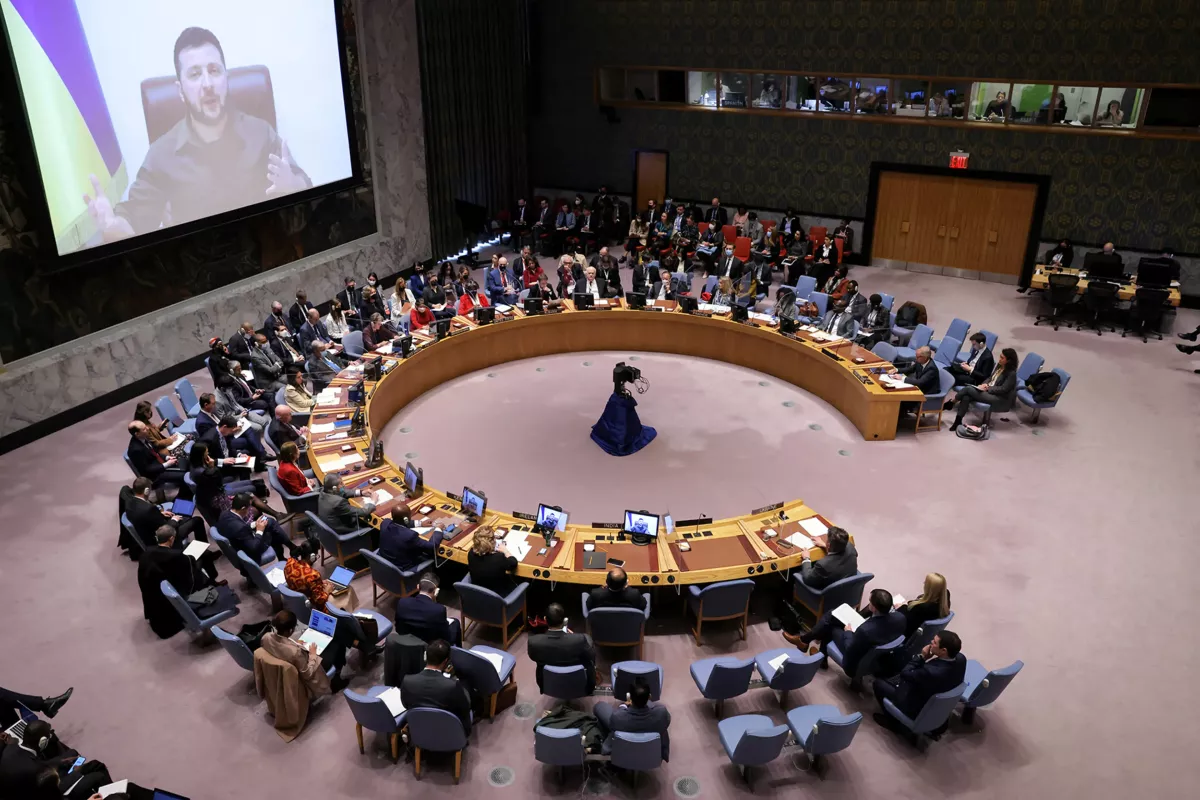Rethinking United Nation's role in modern diplomacy
The article from Foreign Affairs discusses the enduring quest to reform the United Nations (UN), an institution established with the noble ambition of maintaining global peace.
Authors Richard Falk and Hans von Sponeck, in their book Liberating the United Nations, argue for a revitalized UN capable of addressing contemporary challenges like climate change and nuclear proliferation. They assert that despite its critical need in today's world, the UN has become increasingly marginalized and dysfunctional since its founding in 1945.
Falk and von Sponeck highlight the UN's historical achievements, including its evolution from a military alliance to a facilitator of peacekeeping and humanitarian efforts. They point to the organization's innovative actions during the Cold War under Secretary-General Dag Hammarskjold, particularly its successful peacekeeping deployments during the Suez Crisis. Following the Cold War, the UN expanded its operations into diverse regions, promoting human development as an alternative to merely measuring economic output through GDP. However, the authors lament missed opportunities for a UN-centered global order, criticizing the US for prioritizing its geopolitical interests over a collective international framework.
While the authors commend the UN's past accomplishments, they note significant gaps in their narrative, particularly regarding the role of Afro-Asian nations in shaping the organization. These nations transformed the UN into a platform for asserting their sovereignty and fighting against colonial legacies. The authors also mistakenly portray the Congo crisis as a primarily ethnic conflict, overlooking the imperial dynamics that fueled it.

Falk and von Sponeck advocate for a reformed Security Council, emphasizing the need for greater representation of non-Western states. They argue that the current configuration, dominated by five permanent members from the World War II era, is outdated and fosters inequities in governance. However, the authors face a fundamental challenge: the political landscape is fragmented, with states increasingly pursuing bilateral or regional avenues for addressing their interests, further weakening the UN's relevance.
The article also highlights the inherent challenges within the UN's culture and structure, noting a tendency to prioritize processes over outcomes. The authors criticize the management of UN personnel, suggesting that qualified individuals are often overlooked in favor of politically appointed nominees from member states, which undermines the organization's efficiency and morale.
In conclusion, the emphasizes the necessity of a strong, proactive secretary-general who can serve as an impartial mediator in conflict resolution. They argue that restoring the UN's focus on preventing war is vital for its future effectiveness. The article underscores the critical juncture at which the UN currently stands, as global tensions escalate and new conflicts emerge. The authors believe that a revitalized UN, led by an empowered secretary-general, has the potential to navigate these challenges and play a crucial role in maintaining international peace and security. This vision, however, hinges on overcoming the significant political obstacles that have historically hindered the organization's reform efforts.








